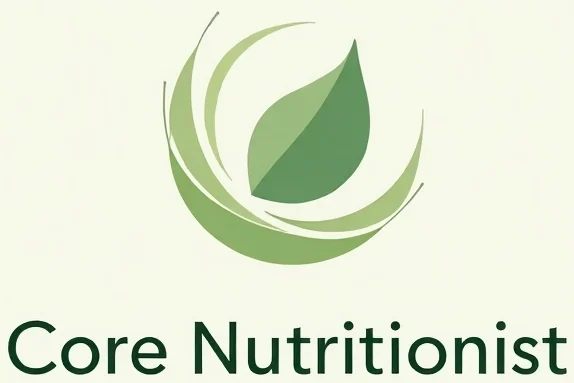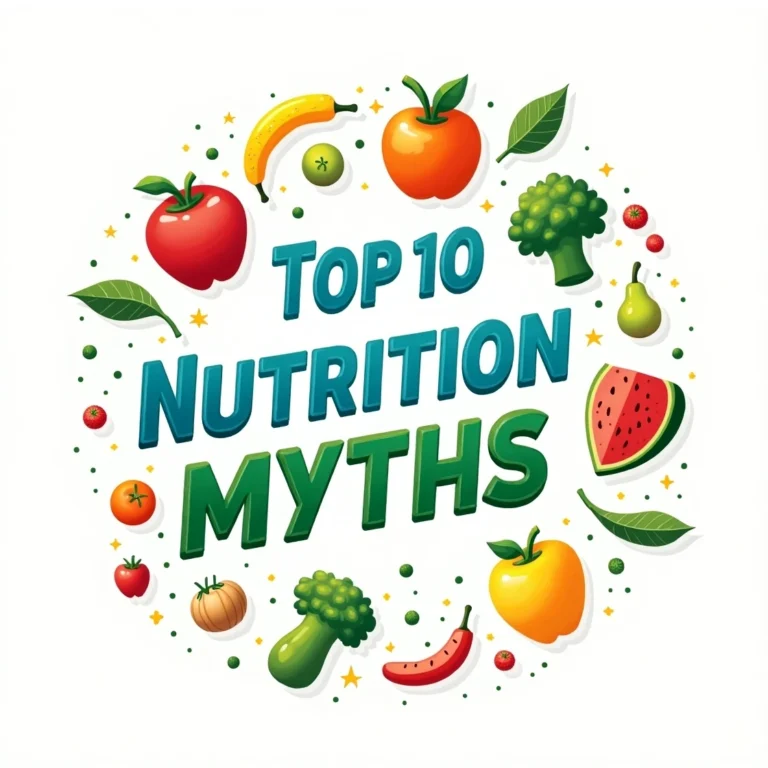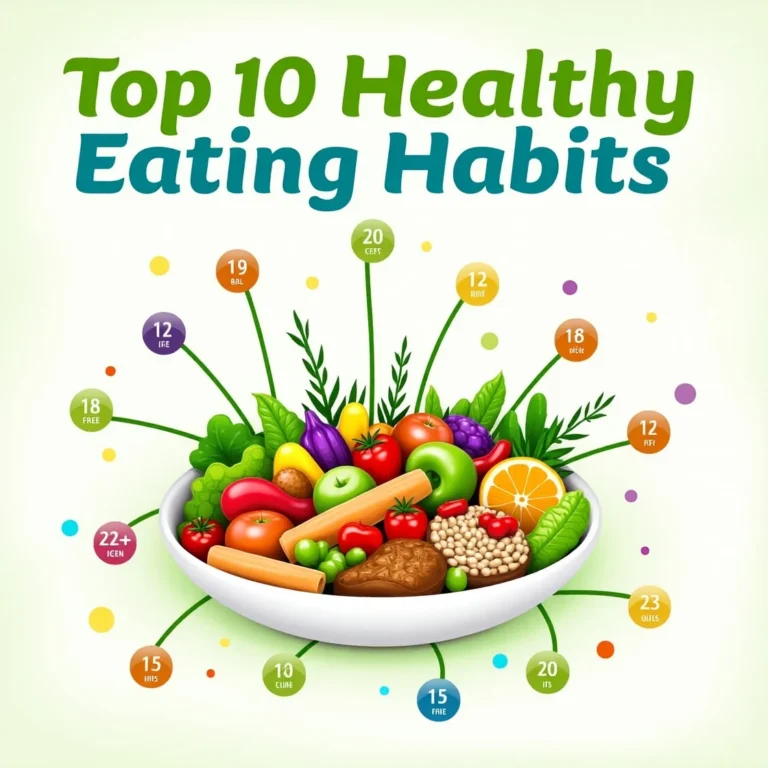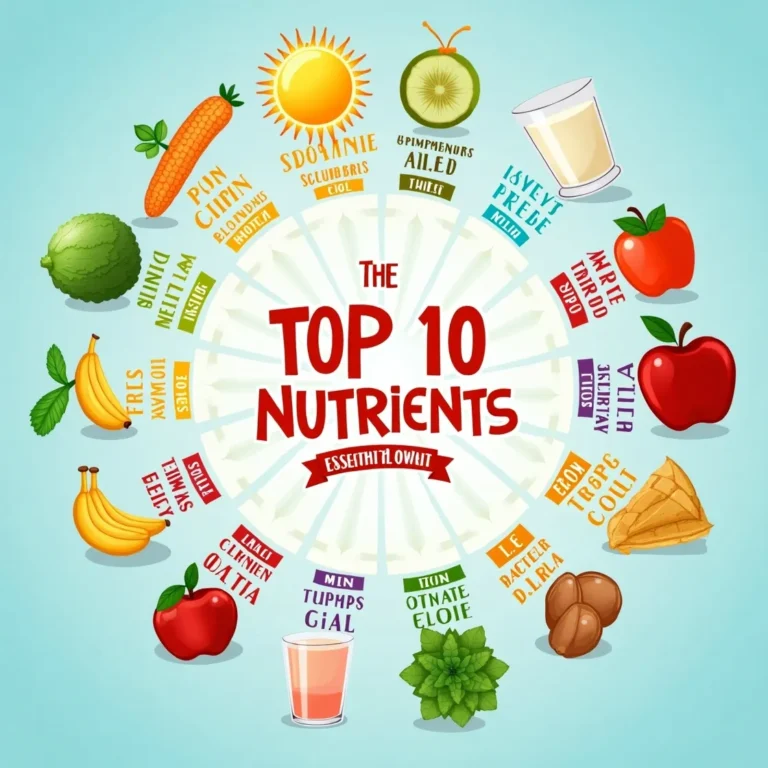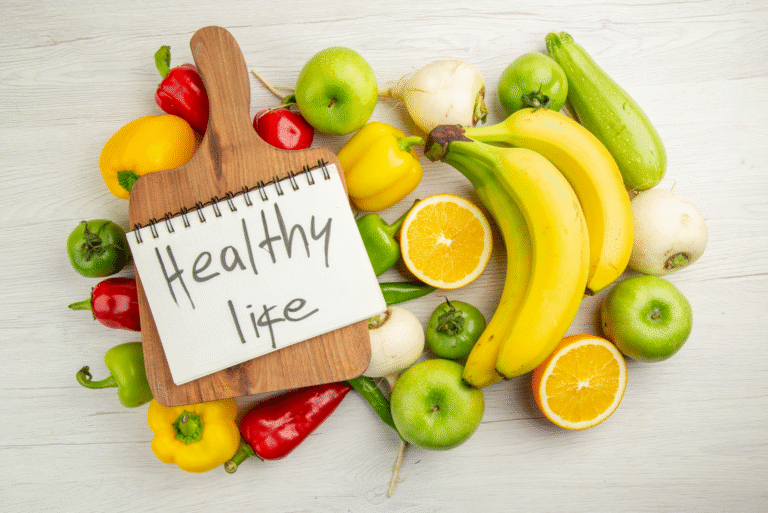Top 10 Superfoods for Overall Health
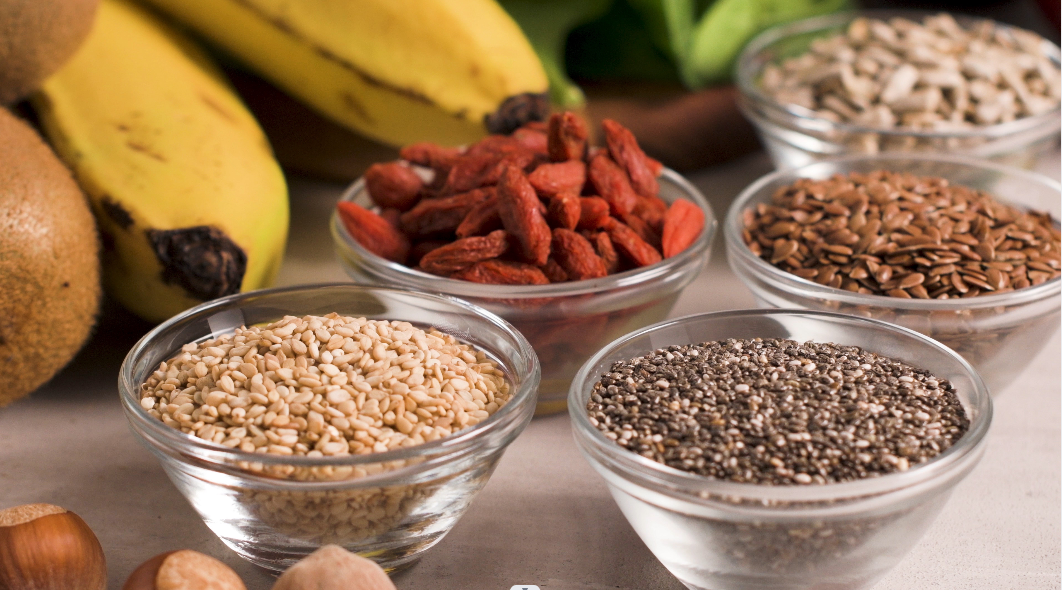
In today’s fast-paced world, maintaining optimal health has become more critical than ever. While regular exercise and adequate sleep play a vital role, the foundation of great health begins with what we put on our plates. Superfoods, a term often used to describe nutrient-dense foods packed with antioxidants, vitamins, and minerals, are nature’s gift to our bodies. Including these foods in your daily diet can significantly enhance your overall well-being, prevent chronic diseases, and boost immunity.
Let’s explore the top 10 superfoods that deserve a place in your kitchen and your diet.
1. Blueberries: The Antioxidant Powerhouse
Blueberries top almost every superfood list — and for good reason. These small berries are loaded with antioxidants, particularly anthocyanins, which help combat oxidative stress and inflammation.
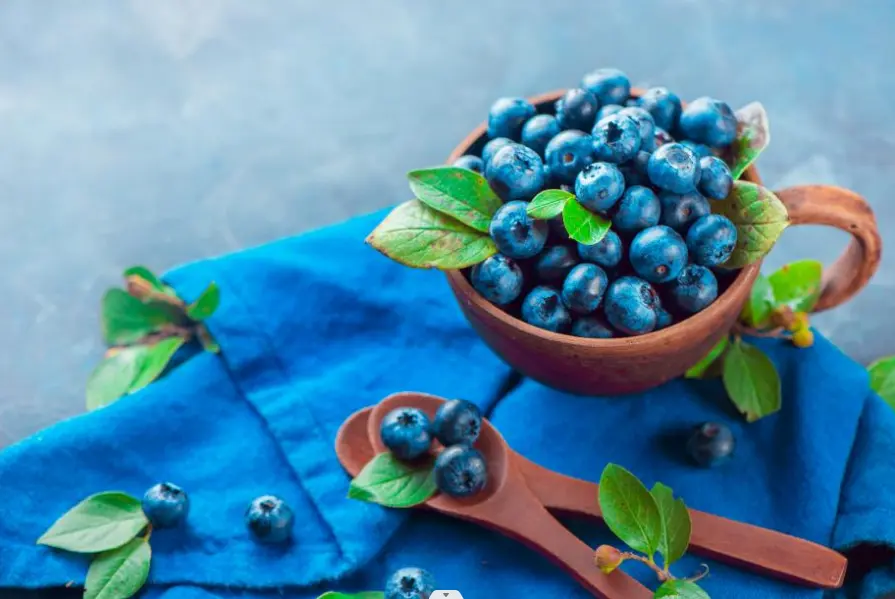
Health Benefits:
- Support brain function and reduce age-related memory decline
- Help lower blood pressure
- Improve heart health
- Enhance immune response
How to Eat: Add them to smoothies, yogurt, oatmeal, or enjoy a handful as a snack.
2. Leafy Greens: Nutrient-Dense and Low-Calorie
Leafy greens like kale, spinach, swiss chard, and collard greens are rich in vitamins A, C, E, and K, as well as calcium, iron, and fiber.
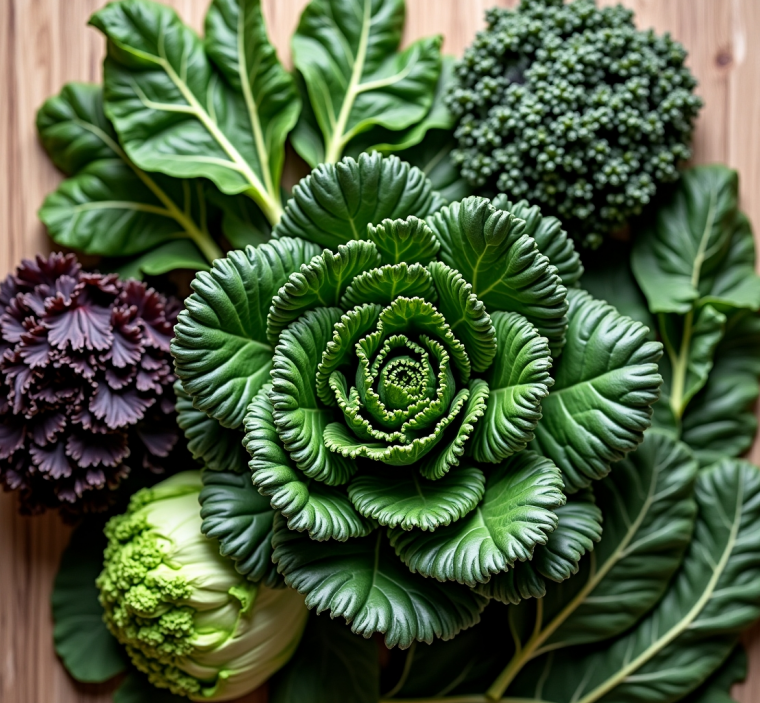
Health Benefits:
- Improve eye health
- Support bone density
- Aid in detoxification
- May reduce the risk of certain cancers
How to Eat: Sauté with olive oil and garlic, blend into green smoothies, or mix into salads and soups.
3. Salmon: A Rich Source of Omega-3 Fatty Acids
Salmon is one of the best sources of long-chain omega-3 fatty acids (EPA and DHA), which are essential for heart and brain health.
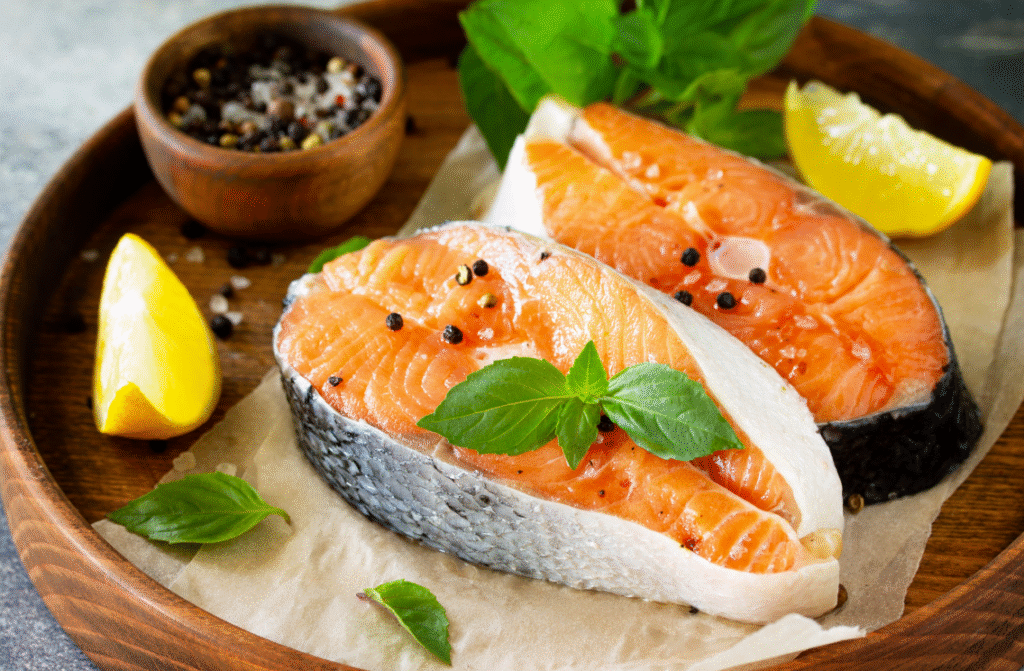
Health Benefits:
- Reduces inflammation
- Supports cardiovascular health
- Boosts mood and cognitive function
- Provides high-quality protein and essential B vitamins
How to Eat: Bake, grill, or steam salmon with herbs and lemon for a heart-healthy meal.
4. Greek Yogurt: Probiotic and Protein Packed
Greek yogurt is a thicker, creamier version of regular yogurt and boasts a higher protein content along with beneficial probiotics that support gut health.
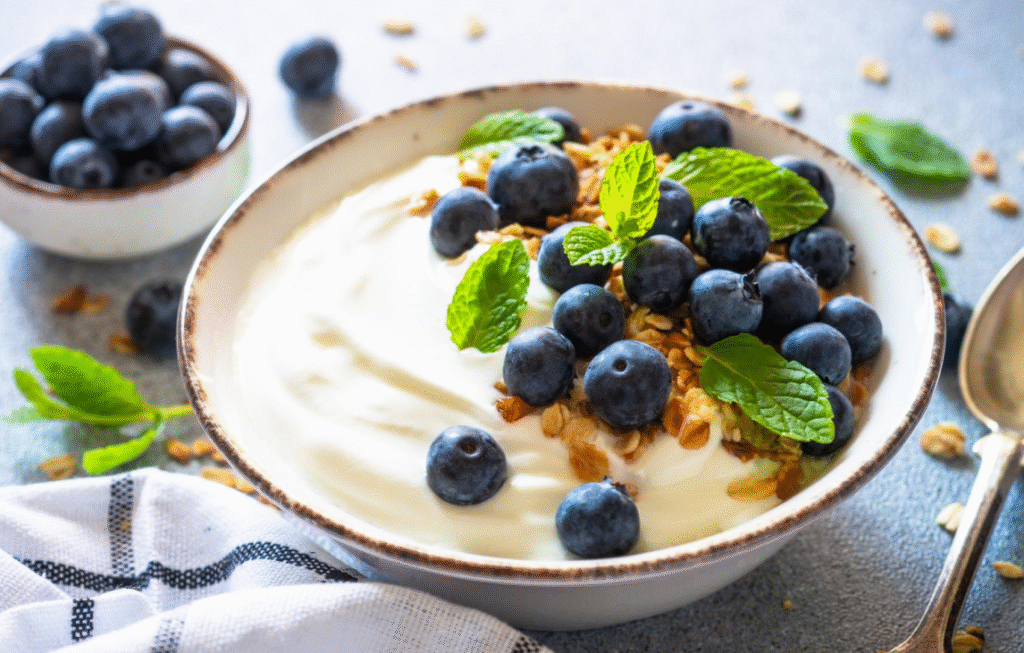
Health Benefits:
- Enhances digestive health
- Strengthens the immune system
- Supports muscle growth and repair
- Aids in weight management
How to Eat: Enjoy with fruits and honey, mix into smoothies, or use as a healthy dip base.
5. Avocados: Healthy Fats for a Healthy Heart
Avocados are rich in monounsaturated fats, fiber, potassium, and a host of vitamins including K, E, and C.
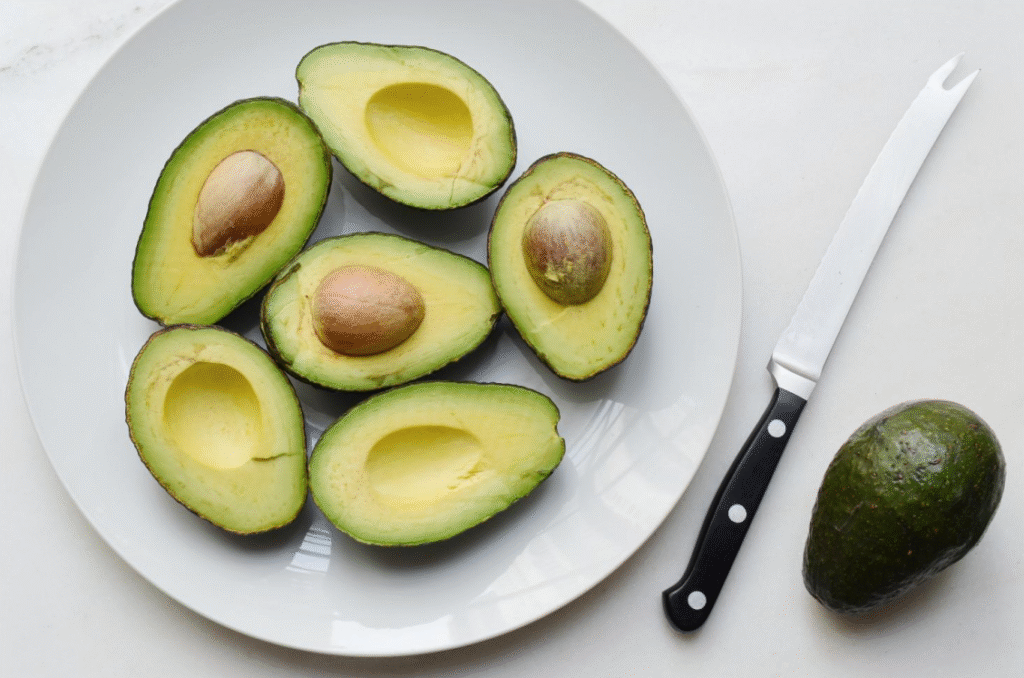
Health Benefits:
- Supports heart health by lowering LDL (bad) cholesterol
- Promotes satiety and aids in weight control
- Improves skin health
- Enhances nutrient absorption from other foods
How to Eat: Spread on toast, add to salads, or blend into smoothies for a creamy texture.
6. Quinoa: A Complete Plant-Based Protein
Unlike most grains, quinoa is a complete protein, meaning it contains all nine essential amino acids. It’s also gluten-free and rich in magnesium, iron, and fiber.
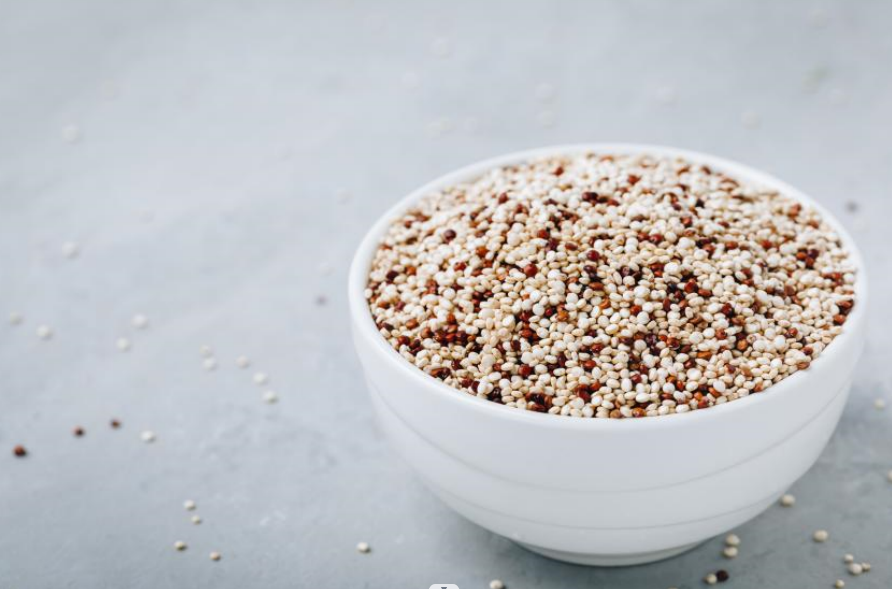
Health Benefits:
- Supports muscle development and repair
- Helps regulate blood sugar levels
- Aids in digestion and promotes fullness
- Provides sustained energy
How to Eat: Use it as a base for salads, serve with vegetables, or as a rice substitute.
7. Nuts and Seeds: Tiny But Mighty
Almonds, walnuts, chia seeds, flaxseeds, and pumpkin seeds are packed with healthy fats, plant-based protein, fiber, and essential micronutrients.
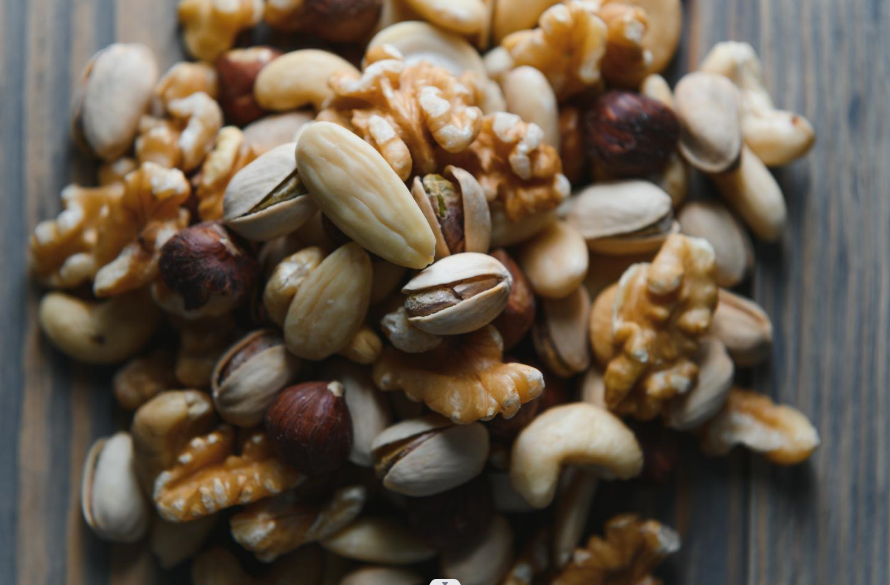
Health Benefits:
- Reduce inflammation and support heart health
- Help control blood sugar levels
- Promote healthy skin and hair
- Support brain function
How to Eat: Sprinkle on oatmeal, blend into smoothies, or enjoy a small handful as a snack.
8. Sweet Potatoes: A Nutritional Powerhouse
Sweet potatoes are rich in beta-carotene, which converts to vitamin A in the body, and also provide fiber, potassium, and vitamin C.
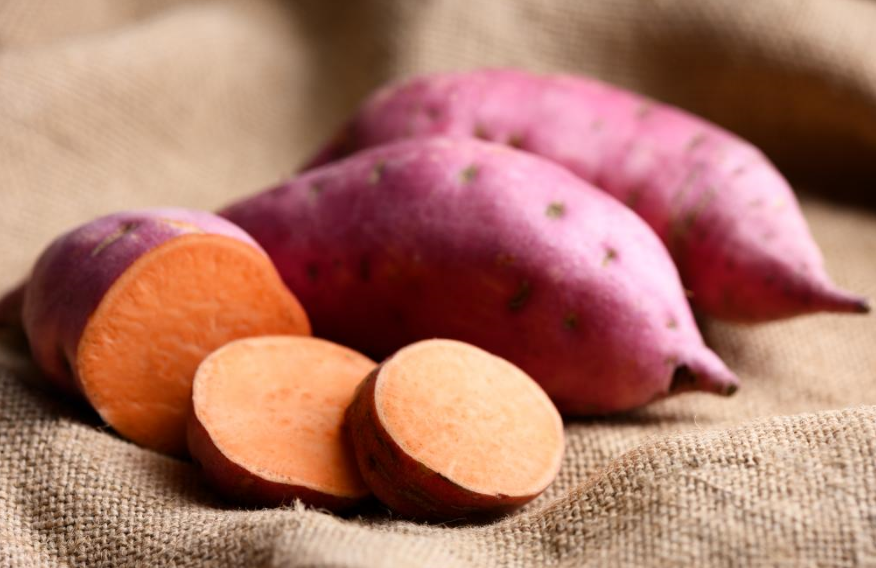
Health Benefits:
- Boosts eye and skin health
- Regulates blood sugar due to its low glycemic index
- Supports a healthy immune system
- Promotes gut health
How to Eat: Roast, mash, or bake them as a nutrient-rich side dish.
9. Green Tea: A Calming, Metabolism-Boosting Beverage
Green tea is not just a soothing drink—it’s rich in catechins, potent antioxidants that protect cells and support metabolism.

Health Benefits:
- Enhances fat burning and aids in weight loss
- Lowers the risk of cardiovascular disease
- Improves brain function and focus
- May reduce the risk of certain cancers
How to Drink: Brew fresh green tea daily and avoid adding sugar to maximize benefits.
10. Turmeric: The Golden Anti-Inflammatory
Turmeric contains curcumin, a powerful anti-inflammatory compound that has been used in traditional medicine for centuries.
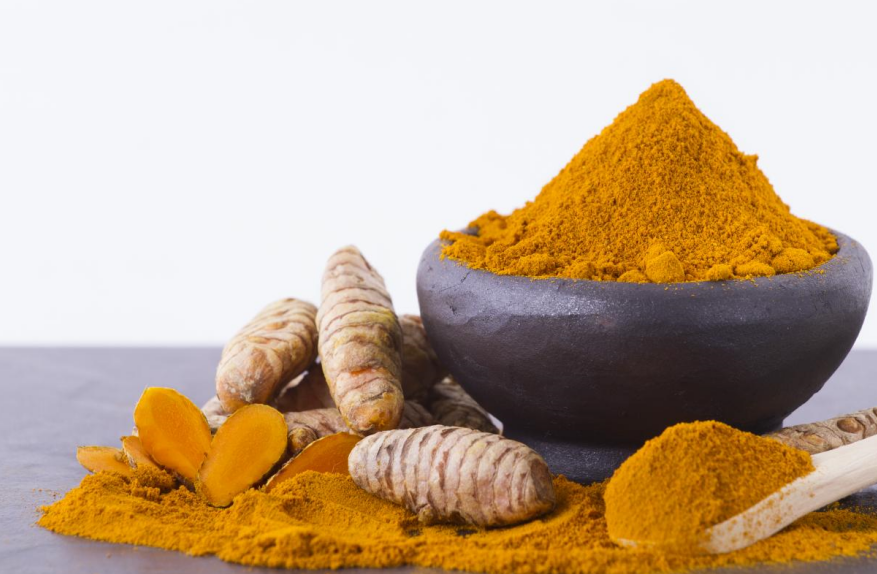
Health Benefits:
- Reduces chronic inflammation and joint pain
- Supports brain health and may protect against Alzheimer’s
- Boosts immune function
- Promotes healthy digestion
How to Eat: Add to curries, teas, or blend into smoothies with black pepper (to enhance curcumin absorption).
How to Incorporate Superfoods into Your Daily Diet
Adding superfoods to your routine doesn’t mean you have to overhaul your diet completely. Here are some practical tips:
- Start small by incorporating one or two superfoods daily.
- Meal prep with quinoa bowls, leafy green salads, or roasted sweet potatoes.
- Snack smart with nuts, Greek yogurt, or blueberries.
- Hydrate wisely by replacing sugary drinks with green tea.
- Experiment with recipes that make superfoods delicious and enjoyable.
The Science Behind Superfoods
What makes a food “super”? While the term isn’t a scientific classification, it typically refers to foods that are:
- Nutrient-dense: High in vitamins, minerals, and antioxidants relative to their calorie content.
- Linked to health benefits: Backed by research showing their potential to prevent or reduce risk factors for diseases.
- Whole and unprocessed: Natural foods that haven’t been stripped of their nutritional value.
Studies have shown that diets rich in superfoods — like the Mediterranean or DASH diets — contribute to lower rates of heart disease, cancer, and neurodegenerative disorders.
Potential Pitfalls: Moderation is Key
While superfoods are healthy, balance and moderation remain essential:
- Avoid overconsumption. For example, too many nuts can lead to excessive calorie intake.
- Watch for allergies. Some people may have sensitivities to foods like nuts or dairy.
- Don’t rely solely on superfoods. A varied and balanced diet is the true key to lasting health.
Conclusion: Empower Your Health with Superfoods
Superfoods are not a magic cure, but when included in a balanced diet, they can make a significant difference in your overall health and vitality. From antioxidant-rich blueberries to omega-packed salmon and fiber-loaded quinoa, these foods fuel your body with the nutrients it craves.
Remember: the journey to better health is not about restriction, but about making smarter, more nourishing choices. By embracing the power of superfoods, you can take meaningful steps toward a healthier, more energized life—one bite at a time.
